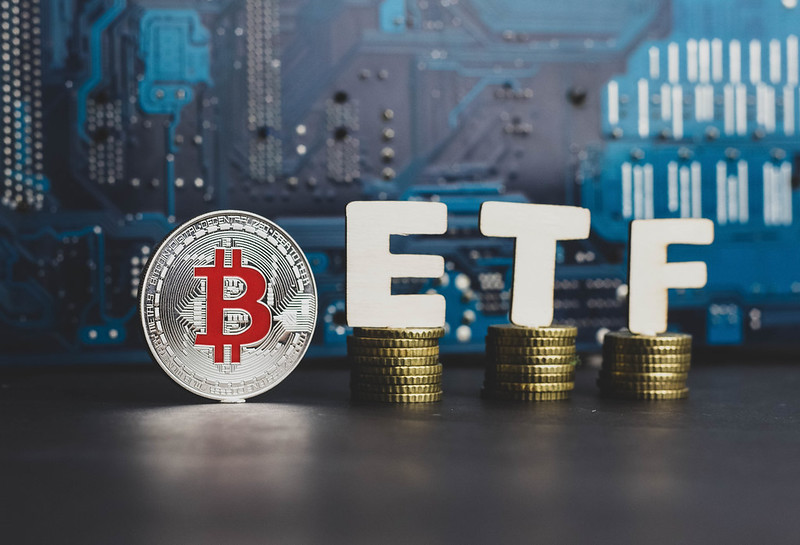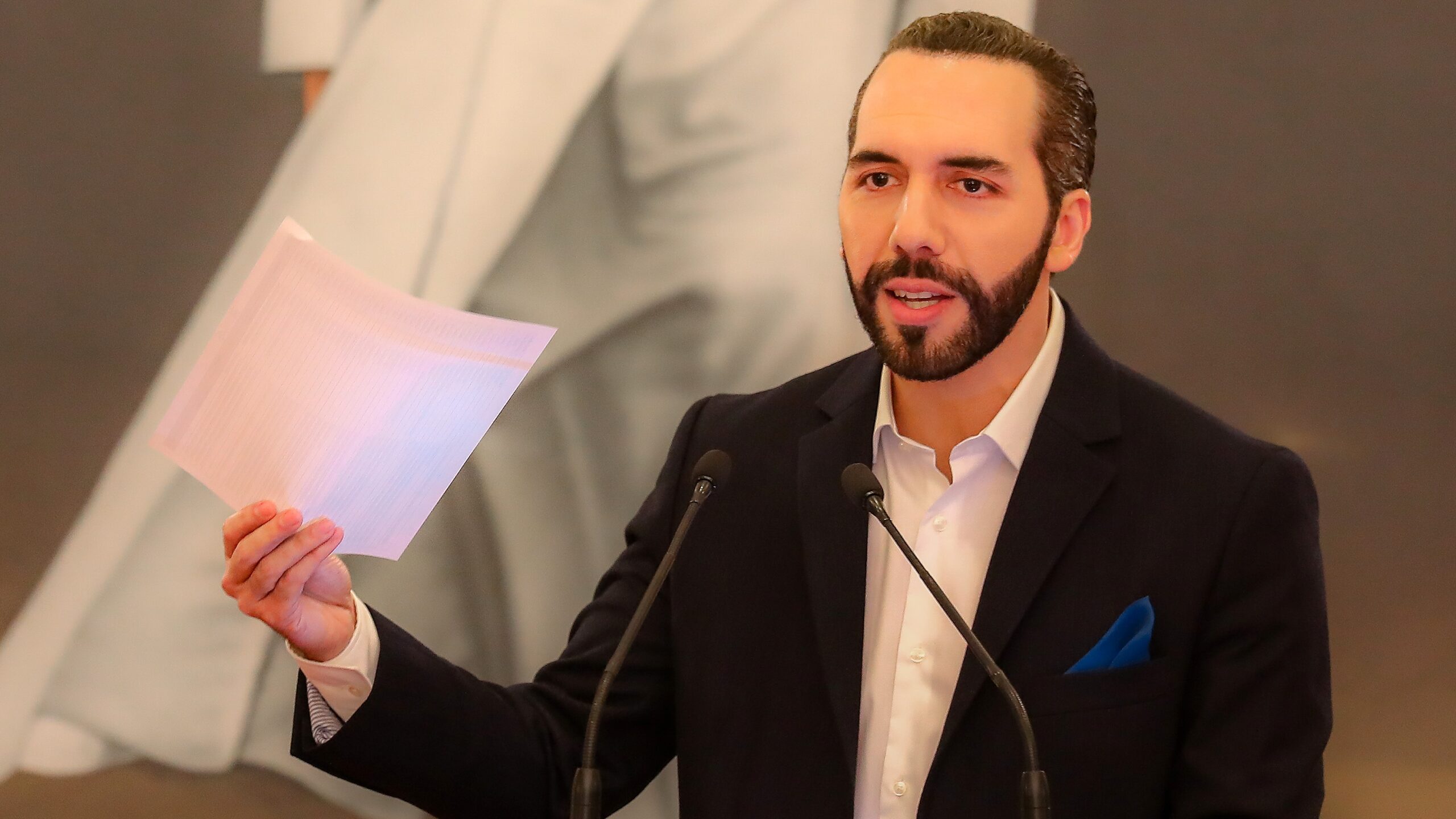SEC Greenlights First Bitcoin Futures ETF, Marking a Watershed Moment for Crypto in the US

In a move widely anticipated by the industry, the US Securities and Exchange Commission (SEC) has finally approved the first Bitcoin futures exchange-traded fund (ETF) to be listed in the United States. This landmark decision, announced on January 10th, 2024, is seen as a watershed moment for the cryptocurrency industry, signifying growing mainstream recognition and potential for broader adoption.
The approved ETF, launched by ProShares, tracks the price of Bitcoin futures contracts traded on the Chicago Mercantile Exchange (CME). This means investors can gain exposure to Bitcoin’s price movements without directly owning the cryptocurrency itself, potentially making it a more accessible and regulated investment option for traditional investors.
The SEC’s approval comes after years of scrutiny and deliberation, with concerns regarding market manipulation and volatility being major points of debate. However, the regulatory body ultimately deemed the ProShares ETF to meet its standards for investor protection and market integrity.
The news has been met with widespread enthusiasm within the crypto community. Industry leaders see this as a significant step towards legitimizing Bitcoin and other cryptocurrencies as an asset class. “This is a monumental day for the crypto industry,” said Michael Saylor, CEO of MicroStrategy, a major institutional investor in Bitcoin. “The SEC’s approval opens the door for broader institutional adoption and mainstream acceptance of Bitcoin.”
The approval is also expected to have a positive impact on the price of Bitcoin. Following the announcement, Bitcoin’s price surged over 10%, reaching a high of nearly $48,000. Analysts believe that the ETF’s launch could attract new investors to the market, potentially driving further price increases.
However, some experts caution that the future remains uncertain. The crypto market is still relatively young and volatile, and it’s important for investors to approach these assets with caution and conduct thorough research before making any investment decisions.
The SEC’s approval marks a significant turning point for the cryptocurrency industry in the US. While challenges and uncertainties remain, this decision paves the way for greater mainstream acceptance and potential growth in the years to come.
